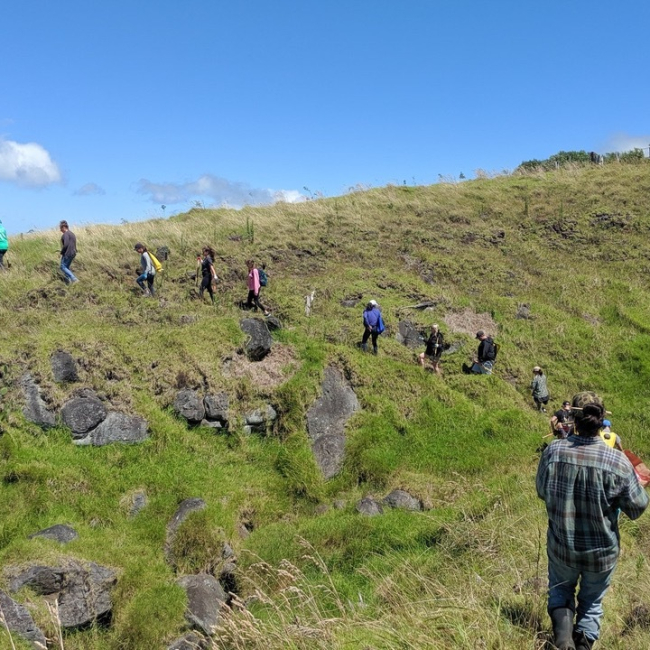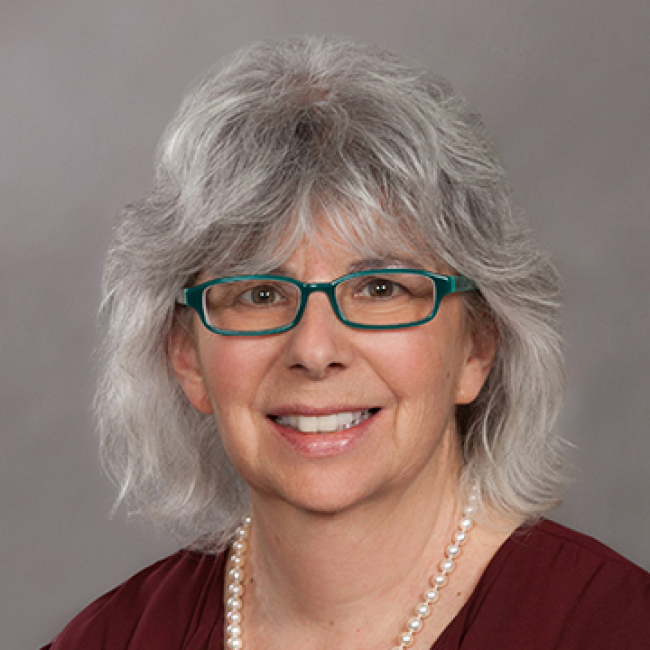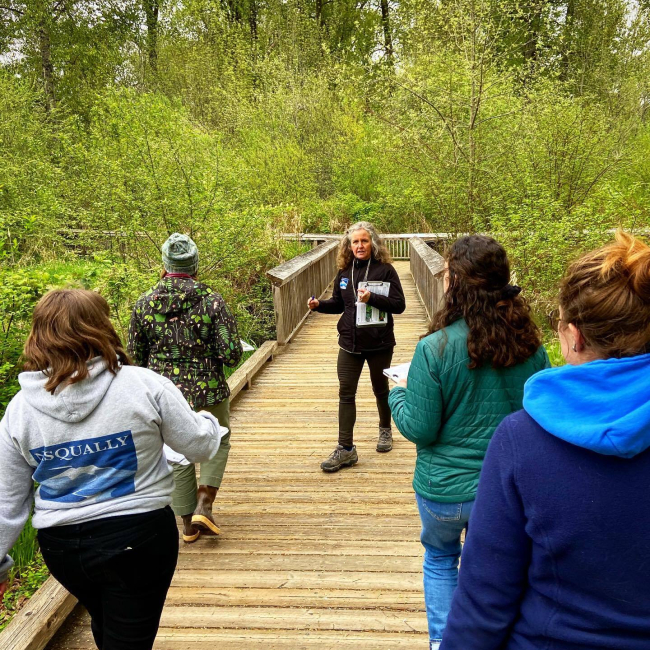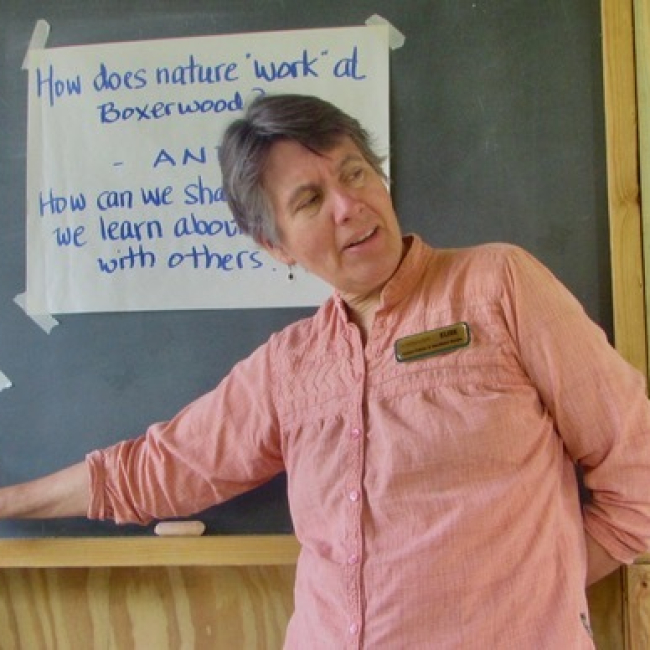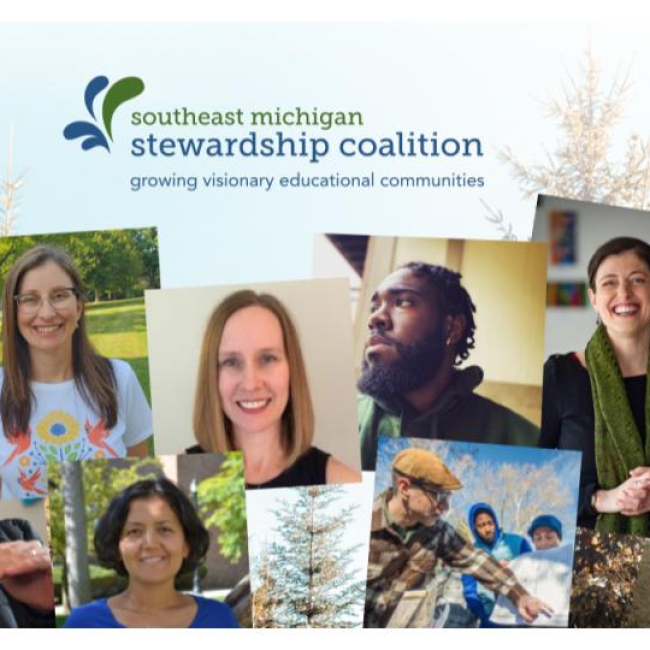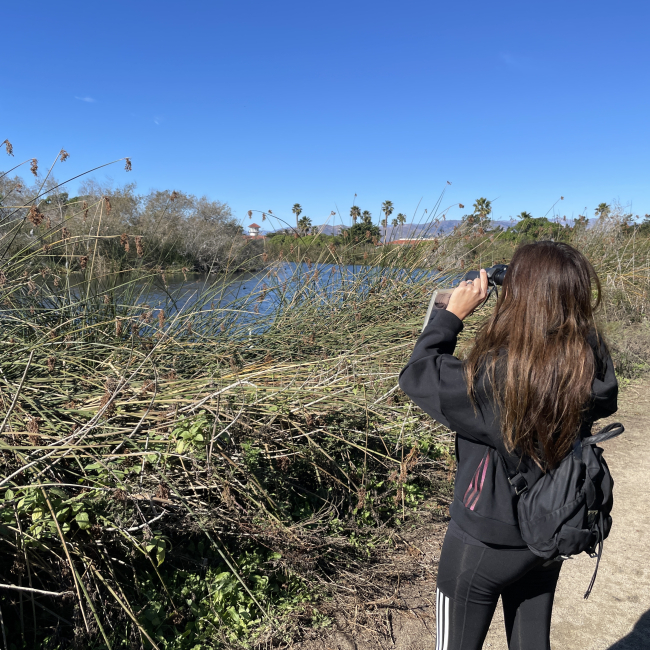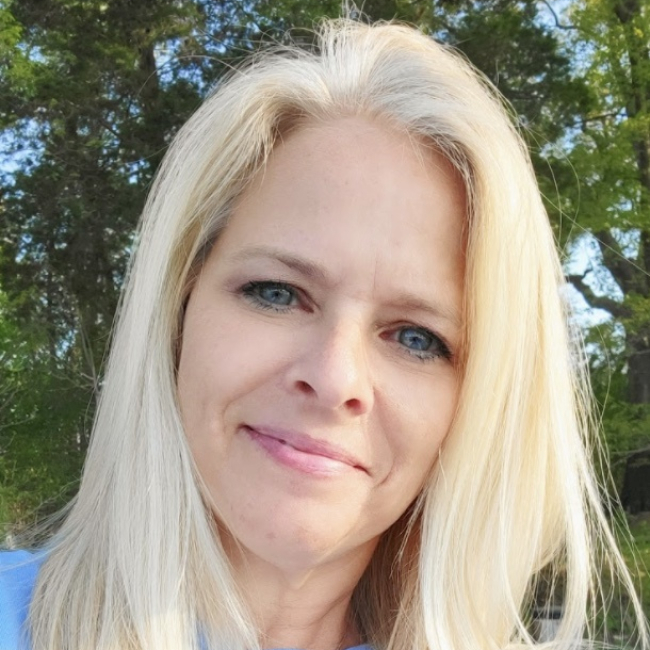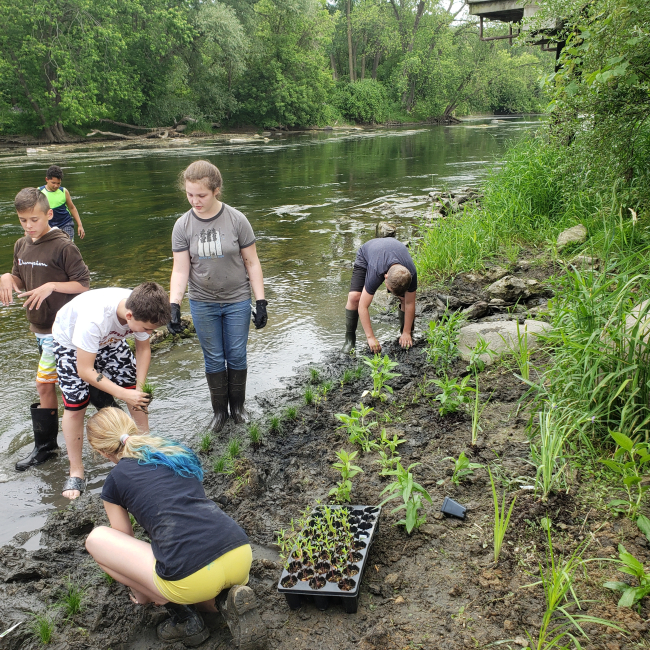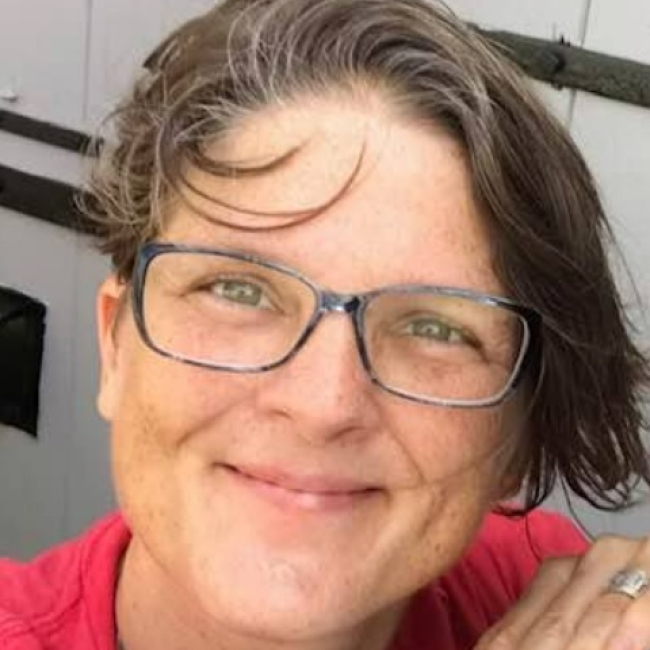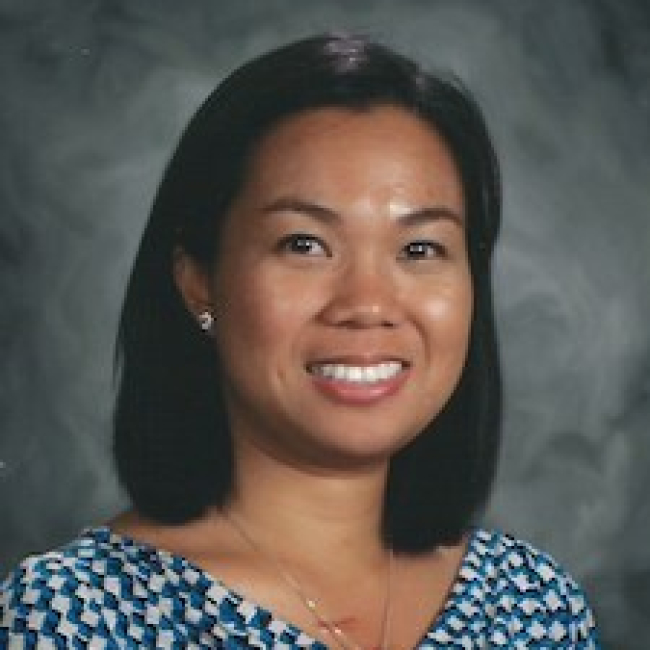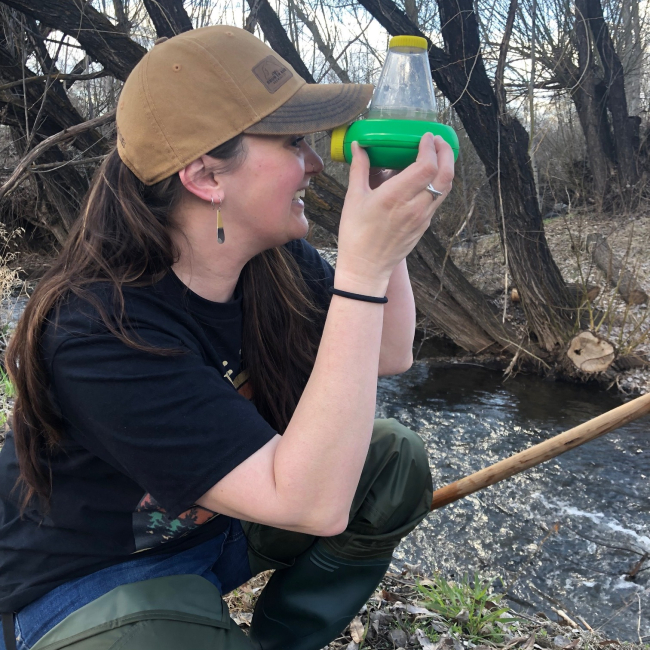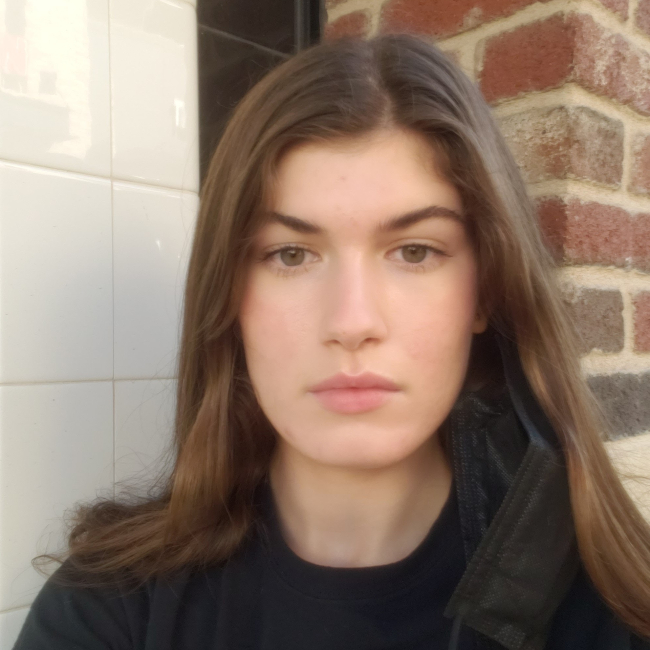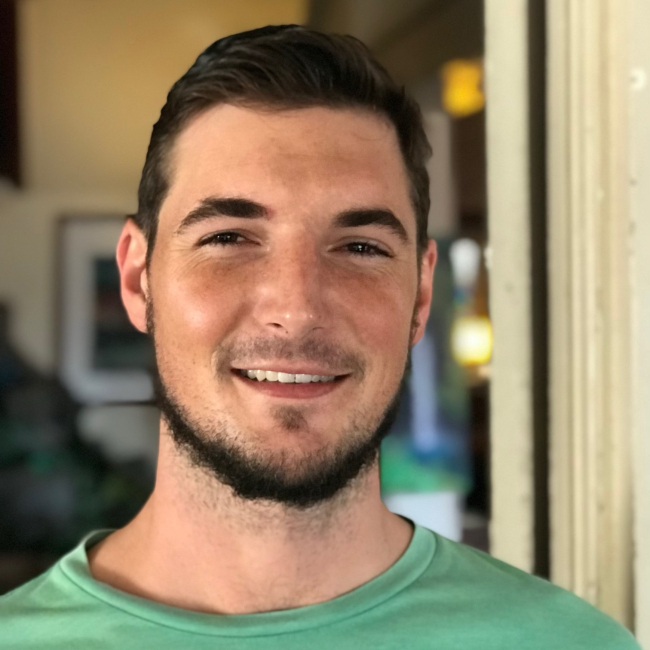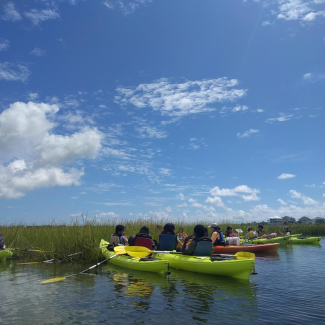
The Artist Boat, Inc.
With each new award we have been able to broaden and deepen our work. We moved from basic estuarine education to fully developed climate literacy programming.
What is your name and current job?
Karla Klay, Executive Director, Artist Boat, Galveston, Texas.
How has the NOAA Bay Watershed Education and Training (B-WET) program helped you grow personally and/or professionally?
Meaningful Watershed Educational Experiences (MWEEs) and B-WET align with our mission and goals to integrate art and science in the coastal margins and provide unique coastal experiences. The rigor of writing the grant helps with really thinking about the program we are proposing and helps make it better. This grant application has helped me write better applications in general. It is prestigious to be awarded this grant, and it means we are doing the right work.
Has B-WET and learning about the MWEE framework enabled or helped you improve your programs? If so, how?
Artist Boat has benefited tremendously as a B-WET grantee. Just applying to the grant is a rigorous approach to reviewing and determining how to best do a program that is a true MWEE. It helps refine concepts into reality. This means more kids are getting wet and of course learning in our great waters of the Gulf if we do our work well.
As staff we are both passionate about art and marine biology, we love how NOAA makes their tools and resources visually appealing. We at Artist Boat use NOAA's weather and tide tools all the time. B-WET funding has helped us bring NOAA weather and tide tools and MWEEs to thousands of kids and teachers through professional development and workshops. Having a great framework from NOAA helps schools and districts and other funders see value in our programs.
We are so proud to be a part of B-WET.
How has B-WET funding over the long term shaped your programming?
Artist Boat has now had multiple B-WET awards. With each new award we have been able to broaden and deepen our work. We moved from basic estuarine education to fully developed climate literacy programming, yet we still have our core start with the basics of the functions of wetlands, what is a watershed, and what is nonpoint pollution. We also moved from teaching students Western foundational basic art concepts (portraits of native species and landscapes) to making conceptual art that translates knowledge to viewers (they determine the climate science they want to help translate for others and paint the images). We have moved all components of our programming into state-of-the-art methods and knowledge in both science and art.
What advice do you have for someone else interested in conducting high quality environmental education?
Don’t reinvent the wheel, learn from good programs and environmental educators what works and continues to work, go outside and get wet yourself, and be sure to bring kids to nature with reflection and free time. There are moments when kids relax that life unfolds. A busy field trip or experience collecting a lot of data is not necessarily what transforms a mind or leads children to be stewards of our ocean. What is the “wow” factor your place has to offer? Show them that and give them time to see and feel it. Then take those wow factors and find alignment in the Ocean Literacy principles offsite link and then your state standards.




